A superdeep hole drilled in northwest China's Xinjiang Uygur Autonomous Region reached 10,000 meters on February 4 and will go deeper, marking a breakthrough in Earth exploration .
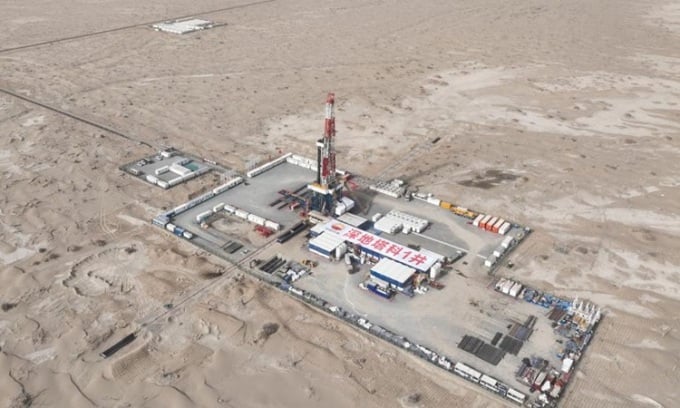
Shenditake 1 borehole seen from above. Photo: Xinhua
Located in the Taklimakan Desert in the Tarim Basin, the Shenditake 1 borehole is approaching its designed depth of 11,100 meters upon completion. It is China's first scientific exploration borehole to exceed 10,000 meters, according to CGTN . Since drilling began on May 30, 2023, the borehole has penetrated 13 continental strata, with more than 1,000 tubes running straight into the ground and using more than 20 drill bits in the process.
"This is the first time China has drilled a vertical hole more than 10,000 meters deep," said Wang Chunsheng, an expert at the Tarim oilfield of China National Petroleum Corporation, which oversaw the drilling process.
Located between the Tianshan and Kunlun Mountains, the Tarim Basin is one of the most difficult areas to explore due to its harsh surface environment and complex underground conditions. After reaching a depth of 10,000 meters, drilling will face more severe challenges such as temperatures above 200 degrees Celsius and pressures exceeding 130 MPa, according to Wang.
The world's deepest vertical well is now more than 12,262 meters deep. Jia Chengzao, an academician at the Chinese Academy of Sciences, said Shenditake 1 will become the second deepest vertical well in the world and the deepest in Asia, marking a milestone in underground scientific research as well as ultra-deep oil and gas exploration.
The drill is currently penetrating a layer of rock that was formed 500 million years ago. During the drilling process, geologists collect rock samples from different depths and strata. "At the current stage, our basic understanding of the formation of oil and gas reserves at a depth of 10,000 meters is still hypothetical. After this drilling project, some hypotheses will be confirmed or adjusted, while others will change according to the information we obtain," said Zhao Wenzhi, an expert at the Chinese Academy of Engineering.
An Khang (According to CGTN )
Source link


![[Photo] Prime Minister Pham Minh Chinh attends the 5th National Press Awards Ceremony on preventing and combating corruption, waste and negativity](https://vphoto.vietnam.vn/thumb/1200x675/vietnam/resource/IMAGE/2025/10/31/1761881588160_dsc-8359-jpg.webp)


![[Photo] Da Nang: Water gradually recedes, local authorities take advantage of the cleanup](https://vphoto.vietnam.vn/thumb/1200x675/vietnam/resource/IMAGE/2025/10/31/1761897188943_ndo_tr_2-jpg.webp)




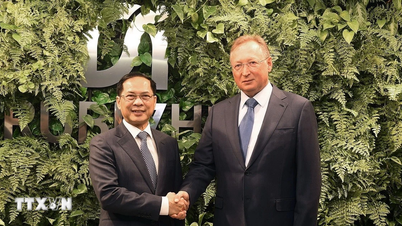



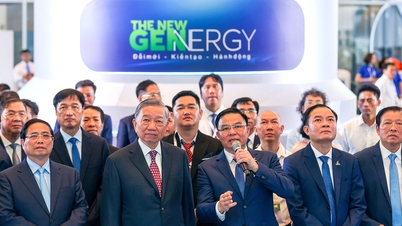


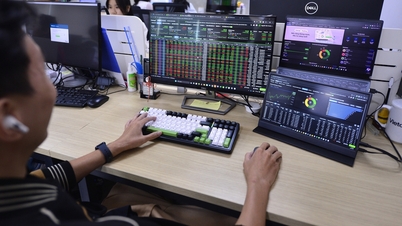
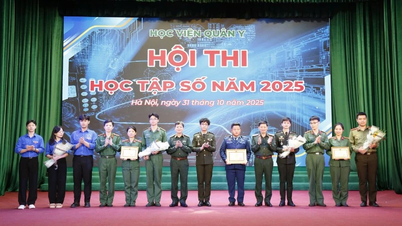

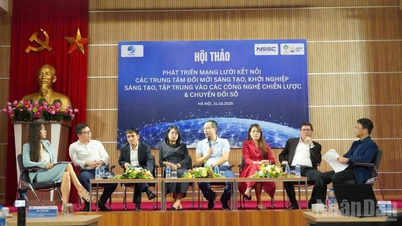
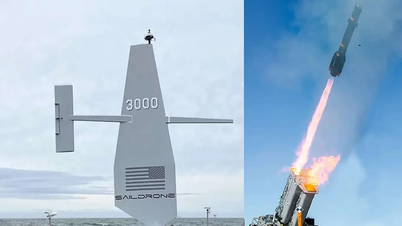

![[INFOGRAPHIC] Leica M EV1, The first Leica M camera with an electronic viewfinder](https://vphoto.vietnam.vn/thumb/402x226/vietnam/resource/IMAGE/2025/10/31/1761917597071_thumb-leica-m-ev1-jpg.webp)
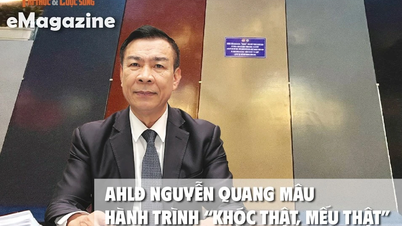










































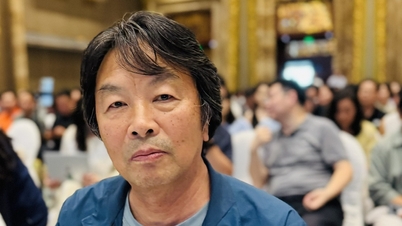

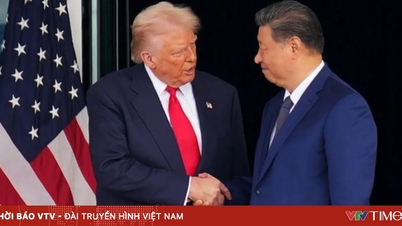

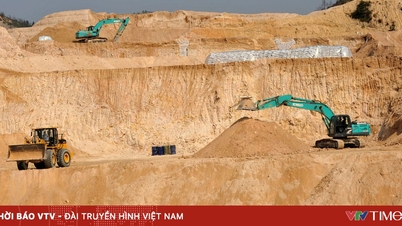
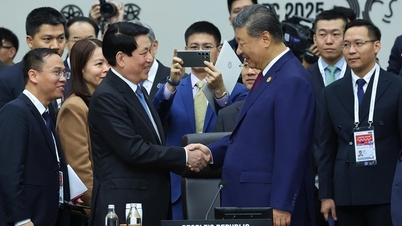
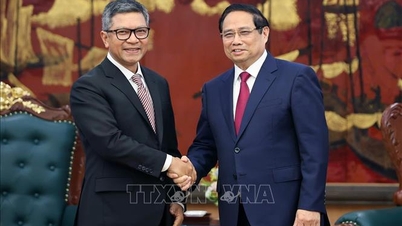






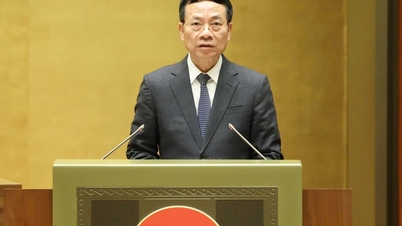
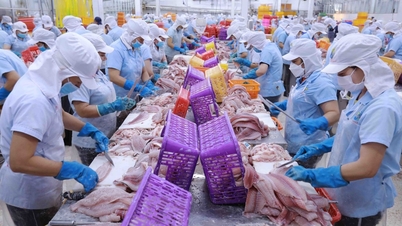
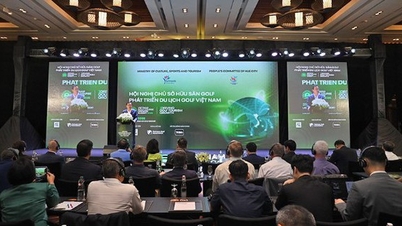
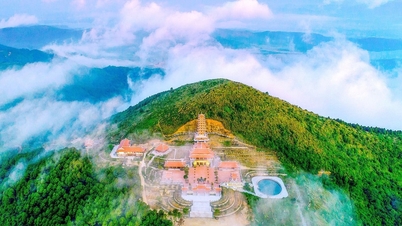

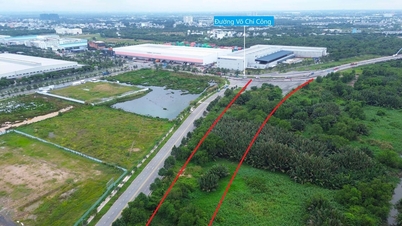






















Comment (0)